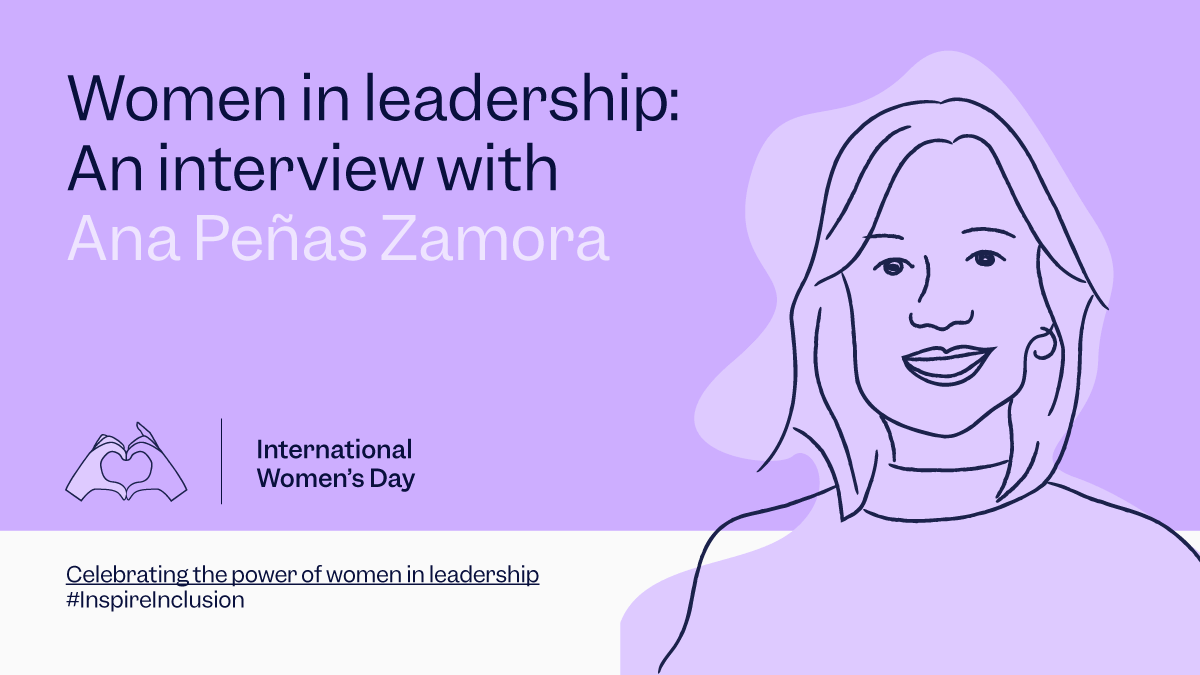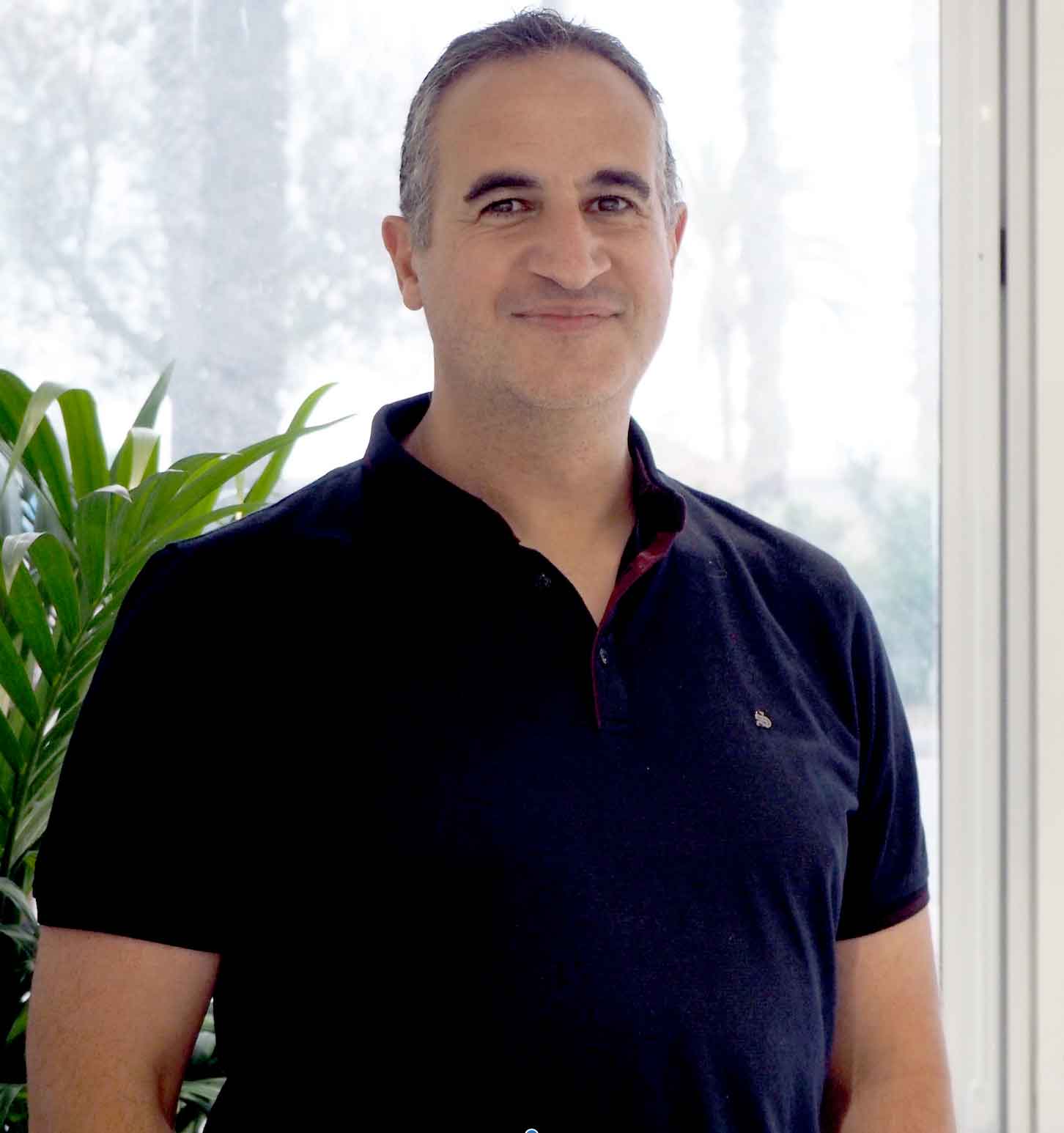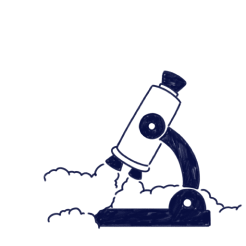
We asked our HR Manager how we can foster a more inclusive work culture.
Ana Peñas Zamora, HR Manager at Scilife, joined Scilife in February 2023, after transitioning from a 13-year tenure as the financial department director of a city council. With a strong foundation in economics and finance, she was always drawn to human resources, leading her to pursue a second degree in the field while working.
Now at Scilife, Ana leverages her diverse experience and passion for learning to drive the company's HR initiatives, embodying her belief in the power of new challenges and continuous personal development.
As a woman in leadership, we pursued her expertise in correcting gender inequalities in leadership positions, her personal victories against professional hurdles, and her insights about establishing a more inclusive and varied work environment.
According to McKinsey, due to gender disparity in early promotions, men end up holding 60% of manager-level positions in a typical company, while women occupy 40%. What factors do you think have caused a gender imbalance in the workplace, specifically amongst senior leadership roles?
It seems to me that a significant shift has occurred, particularly as the discussion around gender percentages in leadership roles has evolved. Previously, the conversation around such percentages was rare, but now seeing women occupy 40% of these roles marks real progress. Historically, it was common for women to give up their professional careers to dedicate themselves to household duties.
This shift in mindset is clearly reflected in the changing statistics. However, this change seems to be sector-specific. Women in leadership positions often find themselves in industries either dominated by women or with a significant gender divide, such as economics and education. While traditionally male-dominated sectors like engineering have notably fewer women, change is gradually taking place.
For instance, in the engineering company where my husband works, they previously had 40 employees, with only about 4 women among them. However, over the past 5 years, the proportion of female employees has risen to make up 40% of the workforce.
The age at which individuals ascend to management roles, typically between 30 and 40, also plays a critical role. My generation, now in our 40s, has embraced the mindset for change, making the trend toward gender parity in leadership roles more pronounced. However, achieving such positions often coincides with significant family responsibilities. It's during these years that many find themselves becoming mothers or starting families which makes it complicated to hold a leadership position. Therefore, more workplace flexibility is needed.
However, I believe workplace flexibility remains insufficiently implemented, posing a barrier to further progress. It’s a crucial factor when it comes to providing more access and opportunities for women.
Have you faced any barriers in your career due to being a woman? If so, how did you overcome them?
Well, the truth is, in my 20 years of working, I haven't faced barriers due to being a woman. I've been fortunate that in the sectors where I've built my career, I've mostly encountered female department heads. So, I've experienced quite the opposite, noticing a lack of male representation in my field.
It's true that at Scilife, as I mentioned, the division is quite pronounced. In the Europe team, we are predominantly women, and we work very comfortably together. In fact, when you look at the statistics or the breakdown by each person, we are about 60% women in leadership positions, which is the opposite of what you might expect.
For example, in the city council, the directors and those of us with more power were women. At the secondary level, there were more men, but at the frontline, there were three women.
How can leaders and organizations more effectively challenge and change these barriers to ensure inclusion?
Well, I believe that equality policies exist, but what's lacking is the belief in them by companies. It's not just about believing, but also about promoting flexible working hours and encouraging sectors that are predominantly male to become more inclusive for women.
I wouldn't want there to be inequality in favor of women either because, ultimately, if there are two candidates, regardless of being a man or a woman, the question is: who is more qualified? Obviously, if there are fewer women, they won't have as many opportunities. So, I think promoting studies and careers in these male-dominated sectors for women would be good. It's about destigmatizing and encouraging, or supporting, them to choose these types of professional careers, which are gradually becoming more visible.
For example, the bus driver in our town is well-known, and everyone talks about her because she's the only one. If it were a male driver, no one would remember, but since she's the only female, everyone remembers her. So, these are professions that are very much linked to gender.
How important have allies been in your career, and what actions can everyone take to be a more effective ally for women?
When I started as the director of the financial department, I went from a larger administration to a smaller one. Of course, there were changes, but it went very well for me, partly thanks to a colleague from my previous job who was very knowledgeable about the work and guided my development.
Having a reference person, someone to consult with, someone close whom I could tell, 'I have no idea what this is,' and feel confident saying, 'I don't know where to start,' was immensely beneficial. I believe having someone always open to questions and able to focus and provide not just quick answers but teach you is a solid foundation for feeling more secure that you're probably doing well. You need that reference point, someone to support you.
In my case, it was a colleague, but it could have also been another coworker. I think it's about having a safe space where you can ask questions without fear of what others might think. Additionally, if you encounter some injustice, you could tell a friend about it, and they would support you.
So, knowing that you have an ally at work, someone in your situation who can answer any question you might have and has your back is important.
In your opinion, what’s a good indicator to measure gender equality in the workplace?
I believe that it's important to consider how many women are working in a sector and how many are in leadership positions within that sector. It's not just about noting that there are very few women in predominantly male sectors. Rather, look at how many women work there and the proportion of those women in leadership roles. The focus should be on promoting gender equality within that sector, not just on the percentage of women in leadership positions.
Reflecting on your career, what stands out as your biggest achievement or the accomplishment you're most proud of?
Reflecting on my career, what stands out as my biggest achievement is the courage to take the plunge into the unknown, despite the fear that comes with it. Changes can be intimidating, especially when moving from one job to another in a completely different category. For me, it required a lot of effort, many hours, and dedication, but it gave me a wealth of experience in team leadership and department management. I was always drawn to the field of human resources management and I studied for my second degree while working.
Leaving public administration, which is often seen as the ultimate goal by many— a stable job for life, is something I’m proud of. Challenging that notion and deciding to explore something new, in a sector I was unfamiliar with and a type of job I had never done before, was a pivotal moment for me. Instead of seeking the security of a government job, which is what people typically do at my age, I did the opposite. I had been a public servant and decided I needed a change. So, I completely stepped out of my comfort zone, which was a significant and interesting challenge.
What would your advice be to women who are trying to achieve their career ambitions?
I would advise them to do what they feel is right. If they want to progress or be part of a team or leadership. They should go for it, try it, because things don't always turn out as one might think. In all the years I've been a director, there have been times of disagreement, and times when I felt like giving up, but I didn't. Keep going because the hardest part is the first few years—getting to know the place, and the people, and feeling confident in what you're doing.
Training is also very important, and everything comes to a point where you say, 'Now I've got everything under control’. Now I see that I'm doing well, that I'm confident in what I do, and that the decisions I make are the right ones. So, it's a learning process that's hard because it is hard, but once you've passed that phase, you enjoy it more.
Is there anyone who has inspired you in your career?
My husband has been a major source of inspiration for me. He is a strong believer in equal opportunities and has helped me to grow my professional career.
He's always been very discreet, never overbearing, but he's someone who masters his work and enjoys it deeply. He speaks about his work with passion, and that's something I've always wanted for myself.
While he admires my ability to easily switch jobs, since he's been in the same place for 25 years, I admire his reasoning skills, and his ability to prioritize, which has significantly helped me. As someone who takes things to heart and gets easily affected by minor issues, he has taught me to distinguish between what's truly important and what's not.
He has been a great inspiration to me because of the security and peace he carries within himself, supporting me to move forward and face changes confidently. He always insisted that the decisions were mine to make, offering his support regardless of the direction I chose. He stands as proof that there are men committed to gender equality, showing that it is indeed achievable.
Additionally, my mother has always been a role model for me at home. She worked hard and inspired me to be equally hardworking and achieve my goals.
Why is it important for all companies to strive to have good gender diversity both within their workforce and among their leadership?
I believe that balance is beneficial. I think that men and women, having different thought structures and ways of seeing things, form a mechanism where listening to both sides is crucial. It's important to listen to both genders. The balance between men and women and different personality types is always good, and I think they add value to the company, its procedures, and its methods.
What does International Women’s Day mean to you?
International Women's Day holds a deeper significance for me now that I am a mother, especially a mother of two daughters. Growing up, the concept of masculinity was very pronounced, although that wasn't the case in my household. I believe it's crucial for my daughters to understand the importance of equality, to know that it exists, and to apply it in their lives consistently. I think International Women’s Day serves as a significant aid for them.
However, this day is also about addressing and challenging sectors and countries still entrenched in patriarchal norms and lacking in cultural development. This includes certain social sectors within Spain, where achieving gender equality remains a challenge, and sometimes, the biases are so ingrained that women themselves believe in them.
International Women's Day should promote awareness and provoke thought, encouraging people to reflect on their actions and beliefs, possibly recognizing that what they're doing might not be right. There's still much work to be done in this area. I've always mentioned in my circles that there are issues on both sides that need addressing and improvement.
But I believe that in certain aspects, countries, and religions, International Women's Day should serve to shed light on these issues, giving visibility to sectors where gender inequality is most pronounced.





